Background: A local Colorado-based manufacturing company was using technologies that couldn’t keep up with their evolving business. Their successful deployment of Microsoft 365 serves as a model for ensuring success across the organization.
As this Denver manufacturing business was rapidly expanding their offerings, the need for collaboration between departments was exploding. Their old model of using an on-premise file server meant that current versions of files would have to be emailed to individuals or constantly re-uploaded as they were changed. As individuals made revisions or saved local changes, those changes would have to be manually reconciled.
Without a chat and collaboration tool, their email became the primary communication medium, and processes were slow. Finally, maintenance and management of the legacy infrastructure was also a drag on the business. Outages, legacy policies, and having to wait to make changes outside of business hours meant extra work and extra workarounds.
The decision was made to move the entire organization to Microsoft 365. Drastically improving how an organization operates also means drastically changing how the organization operates. For a nearly 20-year-old company, a change this significant could be disruptive to the point of halting productivity. But how this organization handled the change management process ensured that adoption would be high and ROI would be realized quickly.
Solution/Results: TrinWare’s IT MSP team was responsible for moving the organization to M365. The update to this manufacturer’s IT services started with an assessment of their current infrastructure. This technical evaluation set the scope of migration, identified problems that needed to be fixed before migration could begin, and provided a staged timeline for moving users, processes, and systems to the M365 platform.
The biggest success story from the migration, though, was not the technical planning. It was the change management process. Early in the process, internal “champions” were identified. These champions, from across different departments and leadership levels, believed in the change and could articulate the reasons and benefits to their co-workers. They added context and interpretation in both directions—to the IT implementation team, and to the end user. They counteracted antagonists and rumors. They drove positive attention to the communications, training sessions, and pre-deployment resources.
The TrinWare IT team’s Project Managers kept everyone aligned and on-track. They sent pre-rollout emails notifying users of the upcoming changes. They held trainings as migrated users needed help with new tools like Teams for chat/meetings, multi-factor authentication, and real-time collaboration in files. They sent constant messaging to ensure timelines and expectations were clear for both IT and end users.
Adoption was nearly immediate across the vast majority of the organization. The sales department was able to collaborate with the marketing team on customer-facing PowerPoint presentations for the new offerings. Multi-stakeholder and cross-functional projects were created, users added, and progress tracked in real-time. The operating pace of the business picked up immediately and significantly. The organization was able to roll out new products and services faster and with better input than ever before.
Another side benefit was realized in decommissioning the old equipment. The old file server and exchange server could be repurposed into a development environment and a local backup target. A virtual server was created to host an old version of their website during a complete redesign. Thousands of dollars were saved just in hardware costs alone.
Conclusion: A successful migration to Microsoft 365 is about much more than the technical process and pre-planning. It is about a holistic change management process. Ineffective change management results in lost productivity, wasted time and money, and a completely failed implementation. Effective change management drives up adaptation and adoption, drives down resistance, and increases ROI.
Microsoft 365 can be a productivity and collaboration game changer for a company. The technical process is a well-documented, if time-consuming, project for an experienced IT services team. You can increase your chance of success by working with an experienced technical partner. TrinWare knows that it takes all three legs for a successful technology deployment—hardware, software, and PEOPLE.
TrinWare has facilitated moving hundreds of users to Office 365. We handle everything from the initial evaluation, to the licensing, to the end-user support. We can successfully handle your company’s deployment, too.
Takeaways:
- Big improvements can require big, disruptive changes.
- Effective change management is more than process and planning.
- Internal “champions” play a dramatic role in a successful outcome.
- Microsoft 365 can help a company get to market and adapt faster than competitors.
- Working with an experienced technical partner increases your success rate.
*Free M365 migration valid until 12/31/2020.
Click here to get started on your free M365 migration


